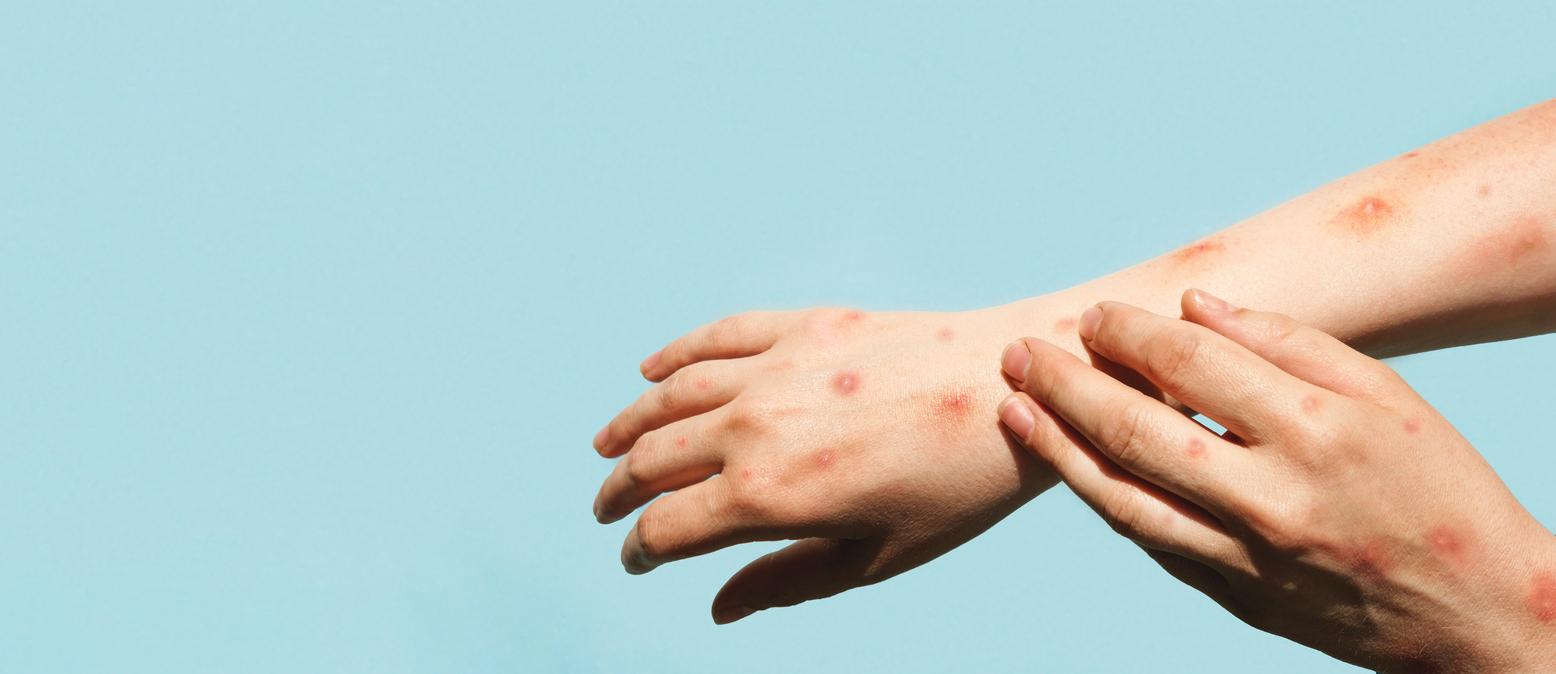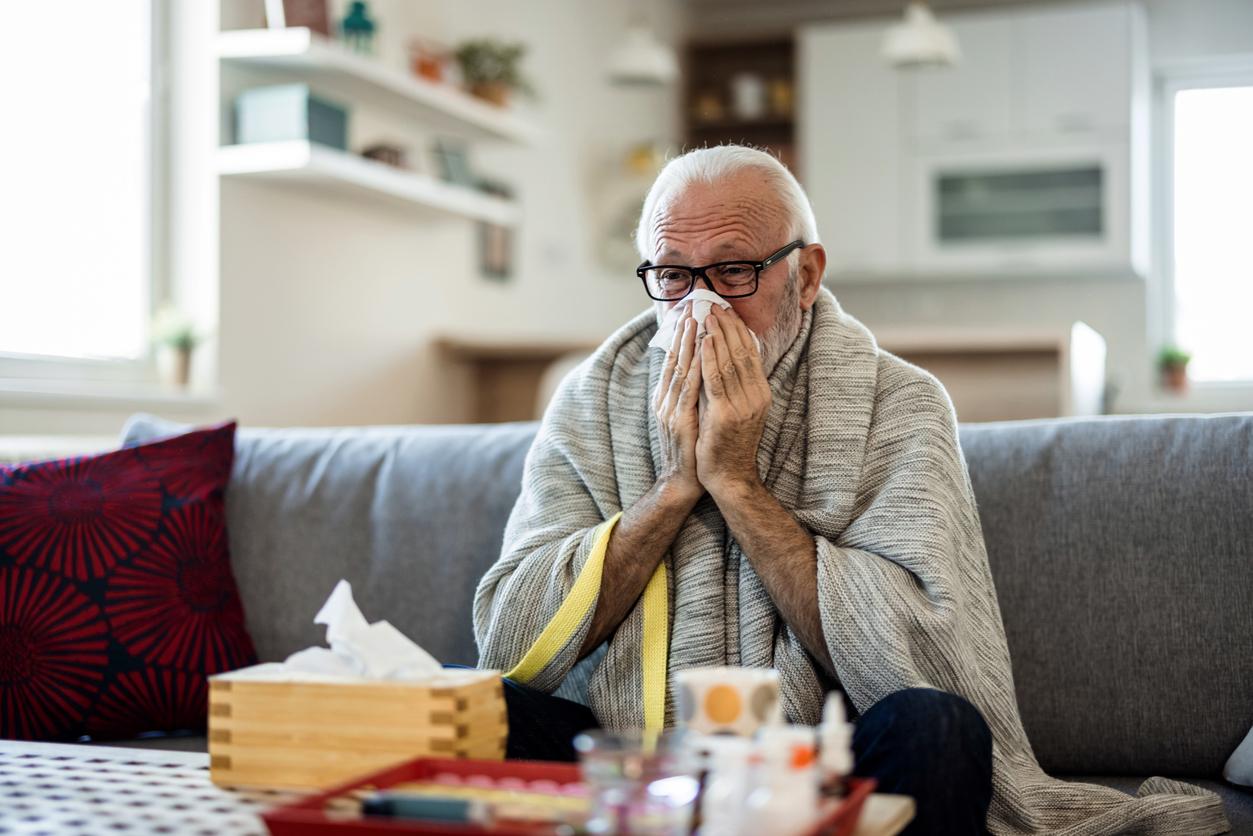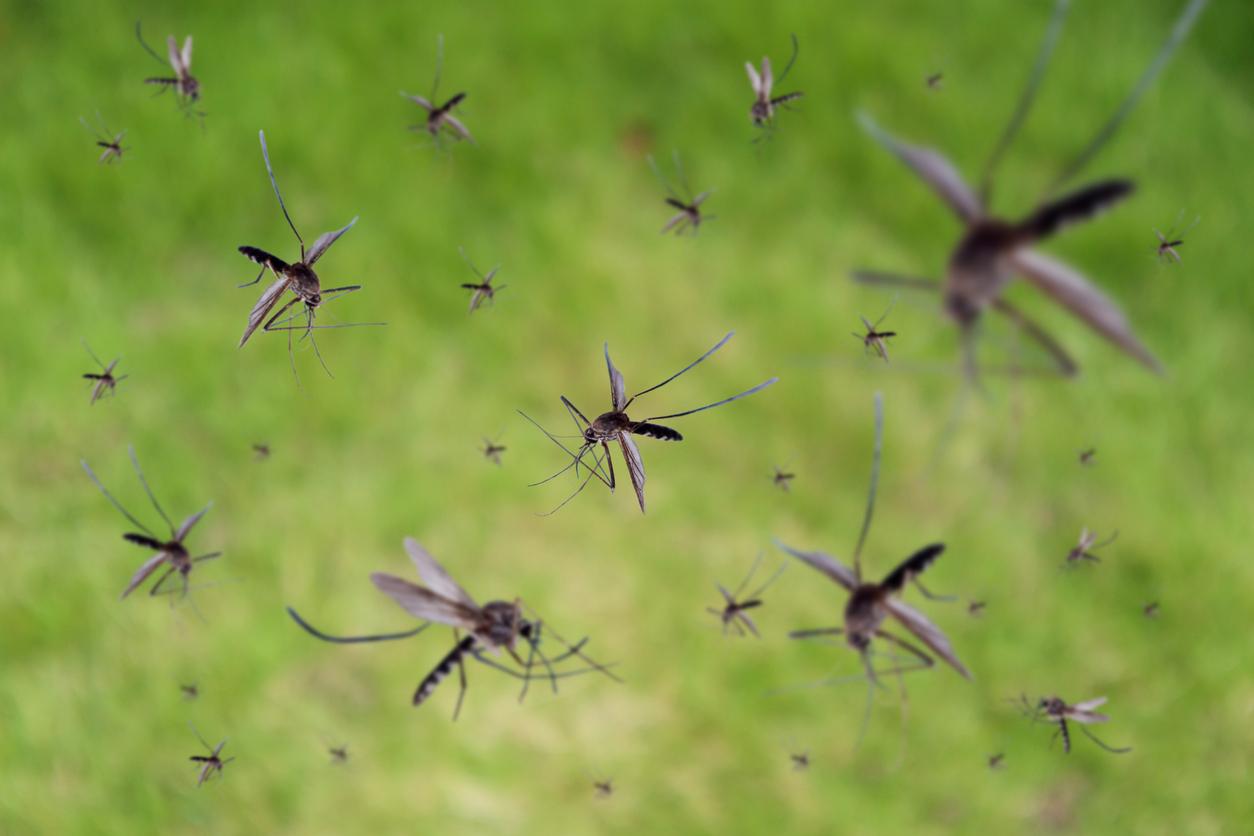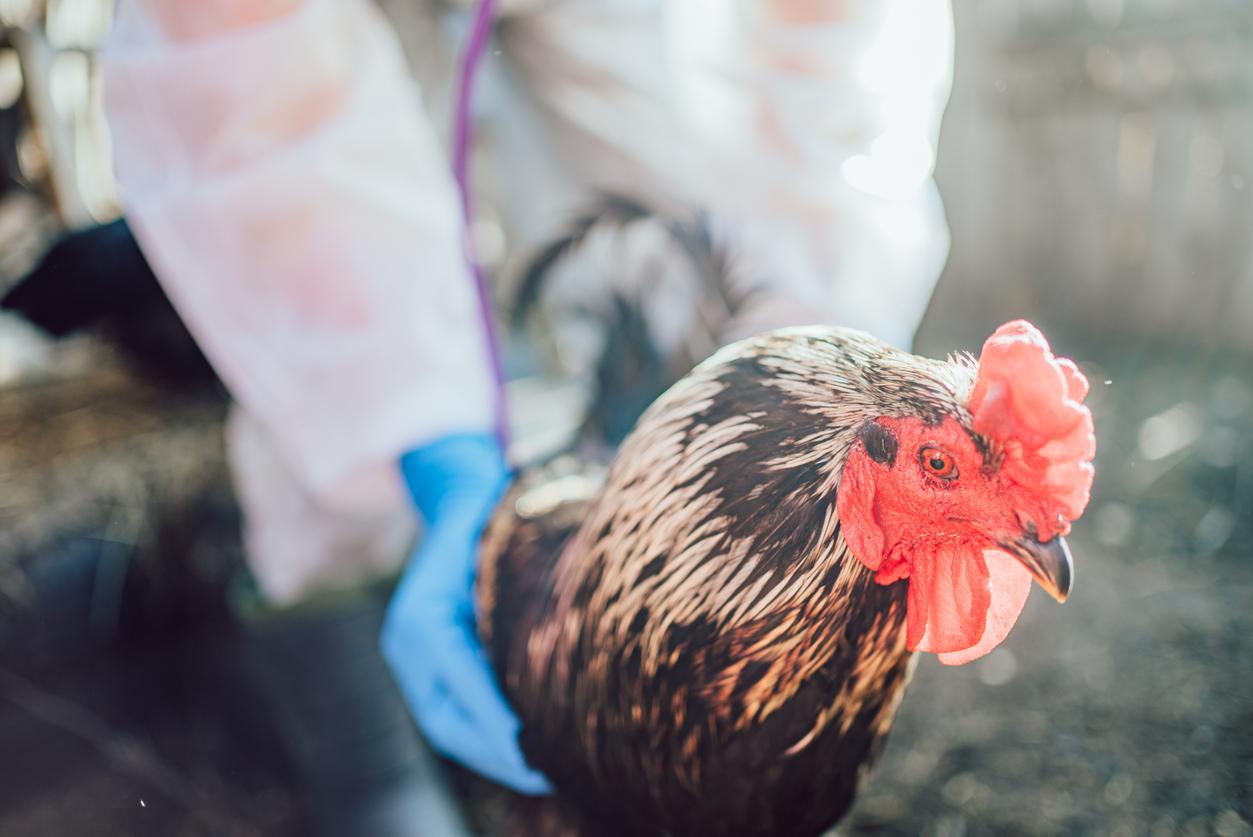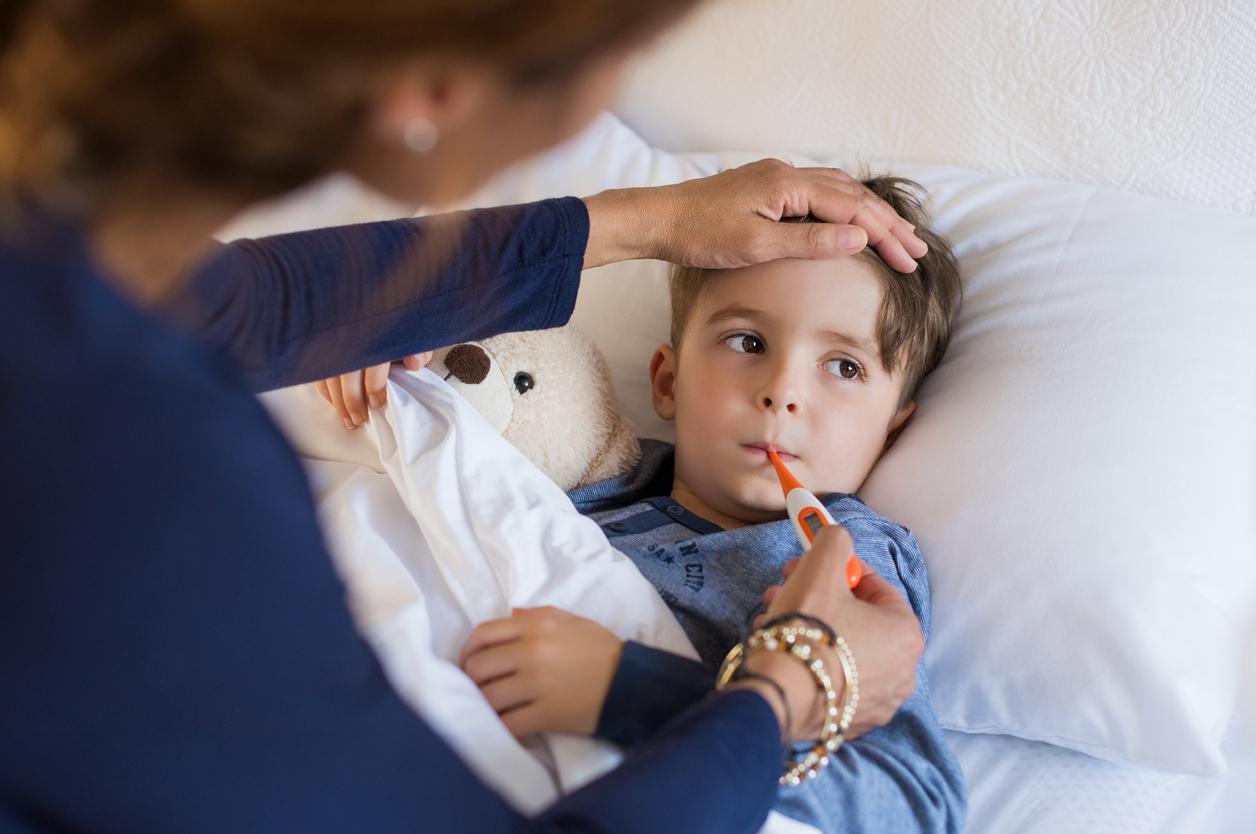Since July 7, 20 cases of West Nile virus have been identified in the Paca region, including 19 in the Alpes-Maritimes and one in the Vaucluse. What is this disease? What are the risks in the event of an infection?

Concern in the South-East of France. According to the Regional Health Agency (ARS), 20 cases of West Nile virus (or West Nile virus) have been identified in Paca since July 7, including 19 in the Alpes-Maritimes and one in the Vaucluse. “Additional investigations are currently being carried out by the authorities in order to document the circulation of the virus around the Mediterranean rim”, alert the ARS in a press release published on Monday, September 24.
This situation led to the “temporary implementation of measures to secure blood and organ donations in the Alpes-Maritimes and Vaucluse” by the French Blood Establishment and the Biomedicine Agency, specifies the organization which calls on the population “to protect themselves against mosquito bites”, especially fragile people.
Of the 20 people affected by this virus transmitted by Culex mosquitoes contaminated through contact with infected birds, three people were hospitalized. “They are currently on the mend”, explains the ARS, specifying on its site that men are “accidental hosts” and that they “cannot in turn transmit the virus, unlike other arboviruses. (dengue, chikungunya or zika in particular) “. Despite everything, the concern is great because West Nile traffic seems to be much more important in European countries this year than in the past. Indeed, according to the European Center for Disease Prevention and Control (ECDC), Italy and Greece are also affected.
Most often symptomatic infection
Unfortunately, the Culex mosquito is the most common in France. In addition to West Nile fever, it can transmit Japanese Encephalitis or the Usutu virus. Like the tiger mosquito, it appreciates warm, stagnant water and bites mostly at night, but sometimes even during the day. This is why the ARS recommends “to empty and store away small containers, cover the water tanks with a cloth or a mosquito net”, “to wear covering and loose clothing”, “to use repellents, recommended by your pharmacist, on clothing and on exposed skin areas “. Finally, “for sensitive people (newborns, pregnant women, immunocompromised people)”, it is recommended to sleep under a mosquito net.
In France, the West Nile virus appeared for the first time in mainland France in 1962 in the Camargue, then again in 2000. Three years later, seven people had been affected in the Var. The disease then resurfaced in Nîmes in October 2015 in a patient who, quickly taken care of, got away without complications. Then, nothing for two years, before a new case was diagnosed in Nice last year. At present, the person is also in good health.
In most cases, West Nile virus infection is asymptomatic. However, in 2% of cases, the patients sometimes manifest a flu-like syndrome (fever, headache, muscle pain) sometimes accompanied by a rash. The affliction can then progress to a fatal disease, becoming West Nile meningitis. However, only one in ten infected people develop this severe form.
.









